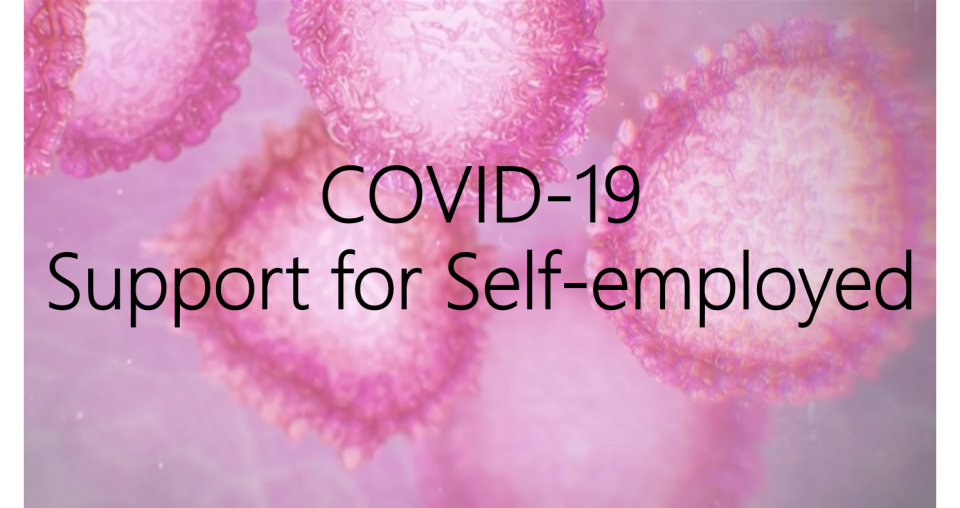- The online service that self-employed individuals will use to claim grants is not available yet.
- HMRC will contact self-employed individuals who made 2018/19 Self-Assessment tax returns by mid May 2020 and will make payments by early June.
- Self-employed individuals can make a claim for Universal Credit whilst they wait for the grant, but any grant received will be treated as part of your self-employment income and may affect the amount of Universal Credit received.
- You will need to confirm to HMRC that your business has been adversely affected by coronavirus.
- Trading profits must also be no more than £50,000 and more than half of your total income for either;
- The tax year 2018/19
- The average of the tax years 2016/17, 2017/18 and 2018/19
- The deadline of 23 April 2020 still stands to submit Self-Assessment tax returns for 2018/19.
- The taxable grant will be based on average trading profits over 3 tax years (2016/17, 2017/18 and 2018/19).
- To calculate trading profits, HMRC will use the figures on your tax returns for your total trading income (turnover), and then deduct any allowable business expenses and capital expenditure.
- The guidance includes examples of allowable expenses.
- Personal allowance and any losses carried forward from previous years will not be deducted from trading profits.
- If you have more than one trade in the same tax year, HMRC will add together all profits and losses for all these trades to work out your trading profit.
See the new guidance ‘How HMRC works out total income and trading profits for the Self-employment Income Support Scheme' here.
See the updated guidance ‘Claim a grant through the coronavirus (COVID-19) Self-employment Income Support Scheme' here.
Aspire Business Partnership ("Aspire") provide WK1 with practical and commercially sound advice in relation to all aspects of compliance, business strategy and conflict resolution. WK1 engage Aspire on a retained basis through which Aspire provide WK1 with advice on an ad-hoc basis.


